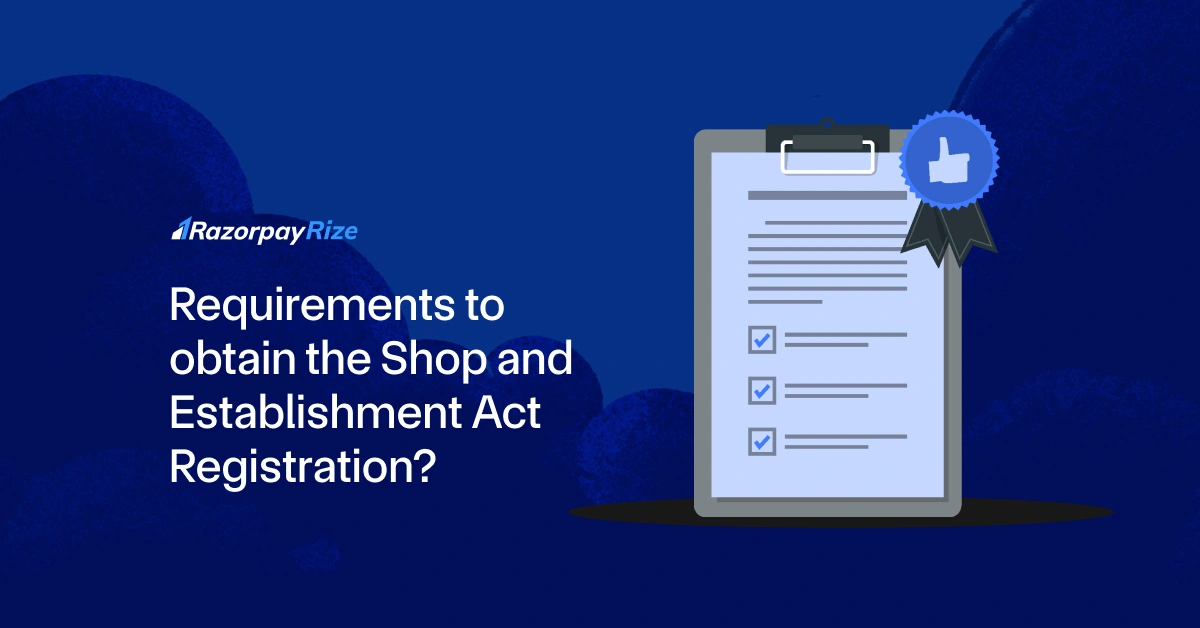A trademark is a unique identifier, such as a word, symbol, or design, that distinguishes the goods or services of one business from another. It plays a vital role in helping consumers identify the origin of products or services, ensuring authenticity and trust.
There are different types of trademarks, including product marks, service marks, collective marks, and more. Each type serves a specific purpose, offering businesses a way to protect their intellectual property and enhance brand recognition. This article will explore the various categories of trademarks, their significance, and how they can be applied to businesses.
Table of Contents
Product Mark
A product mark is a kind of trademark used exclusively on goods, helping consumers identify the origin of the product and ensuring its authenticity. It plays a crucial role in distinguishing one business's goods from another, contributing to brand recognition and reputation.
Product marks fall under trademark classes 1 to 34, which categorise various types of goods, including chemicals, machinery, and textiles. For example, the "Nike" logo on shoes is a product mark that signifies the brand's origin and quality.
Service Mark
A service mark is a trademark used to distinguish one business's services from those offered by others. Unlike product marks, which apply to goods, service marks highlight the origin and quality of services, helping customers identify and trust a particular service provider.
These marks typically fall under trademark classes 35 to 45, covering various services such as advertising, financial services, and hospitality. For instance, the "Taj Hotels" emblem represents a service mark that signifies premium hospitality services.
Collective Mark
A collective mark is a type of trademark used to identify goods or services offered by members of a group, association, or institution. It ensures that the products or services meet specific quality or ethical standards set by the organisation holding the mark.
These marks distinguish the collective efforts of a group rather than an individual business. For example, the Chartered Accountant (CA) designation in India serves as a collective mark in trademark, representing professionals certified by the Institute of Chartered Accountants of India (ICAI).
Certification Mark
A certification mark is a symbol used to certify that a product meets specific standards related to origin, material, quality, or manufacturing methods. It guarantees that the certified product complies with established benchmarks, regardless of the owner’s business.
Certification mark examples include the "ISI" mark on electrical appliances and the "Agmark" label on food products in India, both of which assure consumers of quality and safety. Such marks are commonly found on food, electronics, and toys.
Shape Mark
A shape mark protects the distinctive shape of a product, enabling consumers to associate it with a specific brand. It ensures that unique designs contributing to a product's identity remain exclusive to the brand. For instance, the iconic contour shape of Coca-Cola bottles and the unique design of Fanta bottles are classic examples of shape marks that enhance brand recognition and trust.
Pattern Mark
A pattern mark protects distinctive designs or patterns used on a product to set it apart from competitors. To qualify, the pattern must be unique and easily recognisable—generic or common patterns are often rejected. For example, the well-known Burberry check pattern on their clothing and accessories is a classic pattern mark that helps identify the brand.
Demonstrating the uniqueness of the pattern is essential for successful registration, as it ensures the design remains exclusive to the brand, reinforcing its identity in the market.
Sound Mark
A sound mark is a unique audio signature linked to a product or service, allowing consumers to identify its origin through sound. It plays a significant role in branding, often used as an audio mnemonic in advertisements. A well-known example in India is the IPL tune, which instantly evokes recognition of the Indian Premier League.
Arbitrary and Fanciful Trademarks
Arbitrary and fanciful trademarks are distinct categories that stand out for their unique qualities. A fanciful mark is a made-up term or word with no prior meaning, making it highly distinctive and easy to register. For example, "Google" and "Kodak" are fanciful marks, as these words were coined specifically for the brands and have no inherent connection to their respective products.
On the other hand, an arbitrary mark uses a commonly known word but has no direct relation to the product or service it represents. "Apple," for instance, is an arbitrary mark since it’s a well-known word but doesn’t link directly to computers or electronics.
Geographical Indications (GI)
A Geographical Indication (GI) is not a type of trademark but a separate form of intellectual property protection. It denotes a product’s specific geographic origin and assures consumers of its quality or reputation linked to that region. GIs help preserve the uniqueness of products tied to their location. For example, "Darjeeling Tea" and "Banarasi Silk" are GIs that signify the products’ origins and qualities unique to those regions.
How to Choose the Right Type of Trademark?
- Assess the Nature of Your Product/Service
Determine the characteristics and qualities of your product or service. Understanding its nature helps in choosing the appropriate trademark type. For instance, if your product has a unique shape or design, a shape mark could be suitable. If your service stands out for its quality or reputation, a service mark might be more fitting.
- Focus on Branding Goals and Industry Standards
Consider your branding goals—whether you aim to build recognition, guarantee quality, or differentiate your offering. Also, take into account industry practices.
For instance, if you're part of a group or association, a collective mark might be more suitable, whereas a certification mark may be necessary for products requiring quality assurance. Ensure that the trademark aligns with your long-term branding strategy.
- Consult a Trademark Expert if Necessary
If you are uncertain about which trademark suits your business, it’s advisable to consult a trademark expert. They can assess your product or service and guide you on the best trademark type based on legal requirements and market needs. This ensures that your trademark selection is legally sound and provides optimal protection.
Examples of Trademarks in Action
- Food Industry
Pepsi uses a product mark that consists of its distinctive logo, which is instantly recognisable by its red, white, and blue colour scheme. This trademark is essential in helping customers identify the Pepsi brand in a competitive market filled with various soft drink options. The product mark not only includes the logo but also the unique design of its packaging, ensuring that every Pepsi product stands out on store shelves.
- Fashion Industry
Louis Vuitton has trademarked its iconic monogram pattern as a pattern mark. This pattern, featuring the “LV” logo repeated across their products, is instantly recognisable worldwide. The distinctive design appears on bags, luggage, and other luxury accessories, making it a signature of high-end fashion.
By using this pattern mark, Louis Vuitton differentiates itself from other brands and maintains its status in the luxury market, ensuring that customers associate the design with quality and exclusivity.
- Technology Industry
The name Microsoft is a suggestive mark. It combines “microcomputer” and “software,” hinting at its products (software for small computers) without explicitly describing them. Suggestive marks require consumers to make a mental connection between the name and the product or service.
This type of trademark is distinctive while maintaining a subtle association with the brand's offerings, making it a powerful branding tool in the technology sector.
- Hospitality Industry
Marriott International uses a service mark to represent its brand and distinguish its services in the hospitality industry. The service mark covers not only the name “Marriott” but also its reputation for providing high-quality customer service, luxury, and a wide range of hospitality offerings.
From hotels to resorts, Marriott’s service mark assures customers of a consistent experience, helping the brand stand out in the competitive world of hotels and travel.
Frequently Asked Questions
Private Limited Company
(Pvt. Ltd.)
- Service-based businesses
- Businesses looking to issue shares
- Businesses seeking investment through equity-based funding
Limited Liability Partnership
(LLP)
- Professional services
- Firms seeking any capital contribution from Partners
- Firms sharing resources with limited liability
One Person Company
(OPC)
- Freelancers, Small-scale businesses
- Businesses looking for minimal compliance
- Businesses looking for single-ownership
Private Limited Company
(Pvt. Ltd.)
- Service-based businesses
- Businesses looking to issue shares
- Businesses seeking investment through equity-based funding
One Person Company
(OPC)
- Freelancers, Small-scale businesses
- Businesses looking for minimal compliance
- Businesses looking for single-ownership
Private Limited Company
(Pvt. Ltd.)
- Service-based businesses
- Businesses looking to issue shares
- Businesses seeking investment through equity-based funding
Limited Liability Partnership
(LLP)
- Professional services
- Firms seeking any capital contribution from Partners
- Firms sharing resources with limited liability
Frequently Asked Questions
What are the different types of trademarks?
The different types of trademarks include product marks, service marks, collective marks, certification marks, shape marks, pattern marks, and sound marks etc.
What are 2 examples of a trademark?
Two examples of trademarks are the "Nike" swoosh logo, representing the brand's sportswear and footwear, and the "Apple" logo, symbolising the technology company's products like iPhones and Macs.
What are the different types of IPR?
Intellectual Property Rights (IPR) include copyrights, trademarks, patents, designs, and geographical indications (GI). These rights help protect the creations and innovations of individuals or businesses, ensuring legal protection and exclusivity.
What is the full form of TRIPS?
TRIPS stands for Trade-Related Aspects of Intellectual Property Rights. It is an international legal agreement that sets minimum standards for protecting and enforcing intellectual property rights across countries.
How to register a product mark in India?
To register a product mark in India, you need to select a trademark agent (if not based in India), choose a distinctive mark and relevant class, and conduct a search for availability. Then, file the application with the required documents and fees. The application will be examined, published for opposition, and, if no objections arise, it will be registered for 10 years.
Benefits of having a service mark for your business
A service mark helps protect your business’s identity and reputation in the market. It distinguishes your services from competitors, boosts consumer confidence, and provides legal protection against imitation.
What is a collective mark and how does it work?
A collective mark is a trademark used by members of a group, association, or organisation to signify that the goods or services meet certain standards the collective owner sets. It helps distinguish products or services from those of non-members, ensuring quality and origin.
















